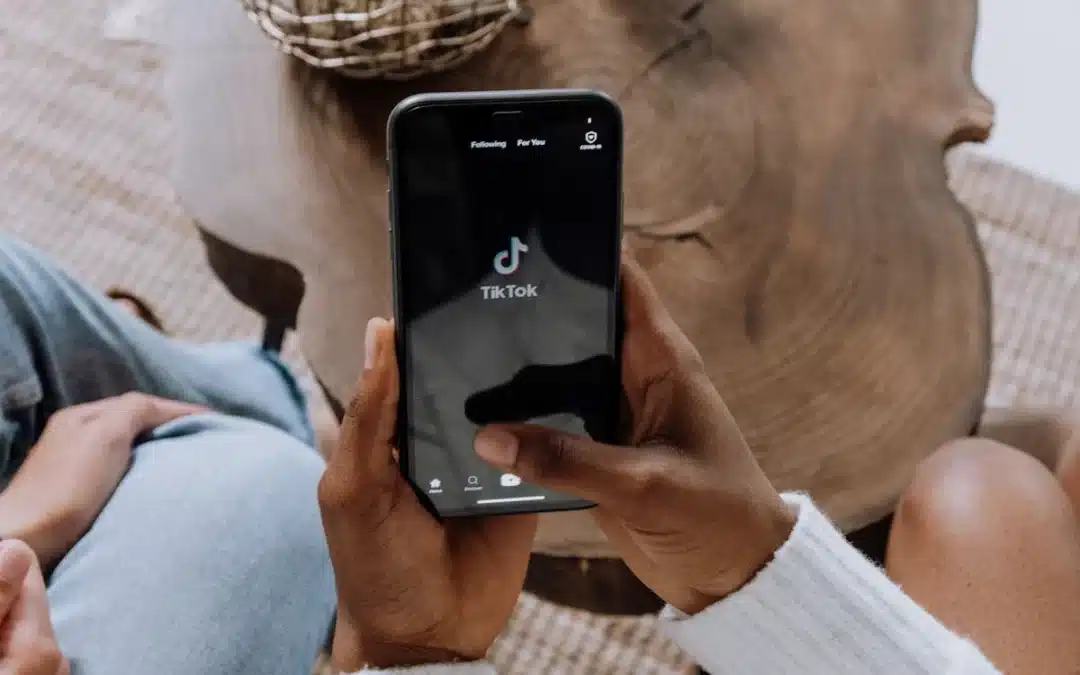June 5, 2024
By Rebecca Heiner
Part 2 of 2
During the height of the 2020 pandemic, when everyday felt like an apocalyptic fever dream, 13-year-old Ash Eskridge found herself struggling with depression. She turned to social media to help her through the long, empty days and found solace in the similar experiences of others. In her vulnerable state it wasn’t long before she found a group of influencers on Tik Tok that were transitioning to the opposite gender. Soon she was convinced that she too, was trans-gender, and transitioning to a male was the answer to all of her unhappiness. Unfortunately, she would discover she had been deceived.
Eskridge, now in the process of detransitioning, looks back on that period of her life as lost time. Presently in a better mental state, she can’t help but wonder how she could have been so easily persuaded and drawn into a community that had her questioning her entire identity. She felt the only way to stop the mental anguish was to change. Looking back, she feels she fell for a “get happy quick” scheme, that ultimately lead to more misery.
Ash’s story is not an isolated incident. In fact, It’s the all-too-common reality of the culture of our youth today. As mentioned in last week’s article “Do We Know Who Is Influencing Our Kids?”, children and teens face unique challenges when it comes to the influence of social media. You may be familiar with the phrase Influence is Power. Regardless of the situation or context, influence has the power to change…change lives, circumstances, ideals, and in this context, even someone’s beliefs about their own gender.
But power is not something to take lightly as it is a force that can be used for purposes both good and bad. Spiderman’s Peter Parker is reminded of this when he is told “Remember that with great power comes great responsibility.” This is particularly true when someone is in a position of leadership or influence. Unfortunately, when it comes to social media, power and responsibility are often on opposite ends of the spectrum. Celebrities and influencers use their power to promote personal ideals, agendas, and opinions, with little concern for actual values or morals.
It’s important to remember that celebrities and influencers aren’t just posting on social media to be friendly…they are selling something. It could be anything from skin care products to work out gear to their latest album. But ultimately, they are striving to sell one thing overall: themselves as a brand. This means their style, their ideals, their passions, and yes, even their opinions. And who are they selling it to successfully? The most vulnerable of our population: kids.
Examples of this are abundant on social media. Recently, Britney Spears has been posting nude pictures of herself on her personal Tik Tok and Insta Gram. What once was labeled pornography now is considered “expressive” and “brave” on social media. The sad reality: pornography is addictive and harmful, not expressive. Posts that have the potential to hook someone into a lifetime of addictive behaviors, lie in wait like snakes in the grass, preying on unsuspecting young “fans” scrolling through social media.
The Kardashian’s, who have largely relied on social media to promote their brand, plaster endless pictures promoting unrealistic body and beauty standards. Both body dysmorphia and eating disorders are fueled by visual triggers that lure young people into believing they are the norm. The results in chasing the elusive “perfect body” that is essentially a carefully crafted hologram of reality.
And in reference to our first example, Dylan Mulvaney, born a male and now a transitioned woman, is a popular influencer among the trans gender community. Dylan posts about the adventures of “womanhood” and the value of living an “authentic life.” The message here is inclusivity and love. It tells children that to be a good person, they must buy into the idea that reality is whatever someone decides it is, not what makes logical sense.
Our children deserve better than what social media can offer, and it’s up to the adults in their lives to provide that for them. The internet is not going away, and neither will the abundant influences in our children’s lives. But if Influence truly is power, and I believe it is, then that means we can also be a powerful influence for them. We do this by showing up for them, in all aspects of their lives, and being gatekeeps in our homes. The relationships we form, and the trust they have in us, can make all the difference when a child finds themselves struggling. If they can trust us, there’s a good chance they will turn to us, rather than social media, to help them find their way. And that is the true definition of influence.
To read part one, click here.


